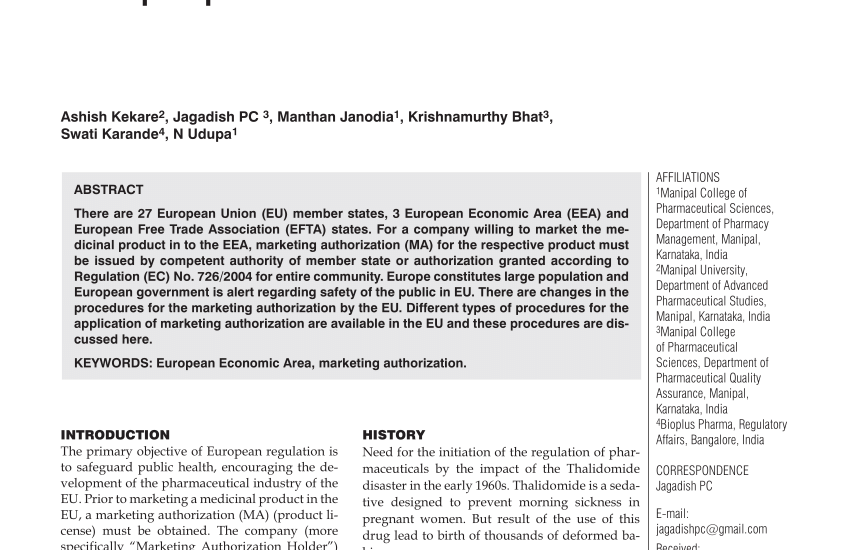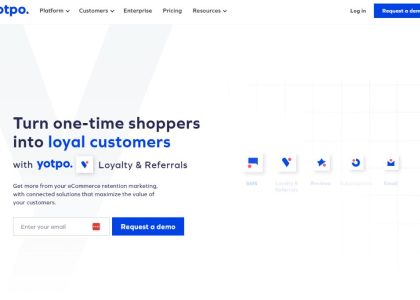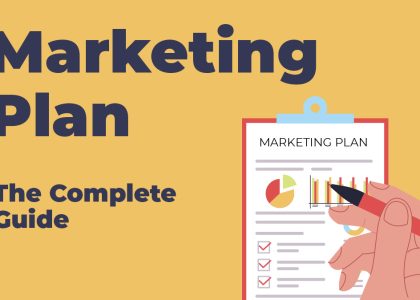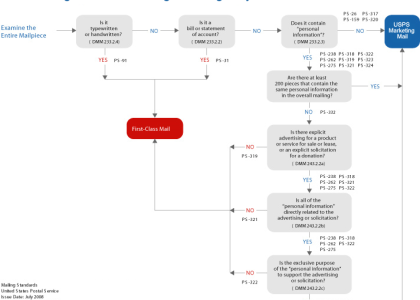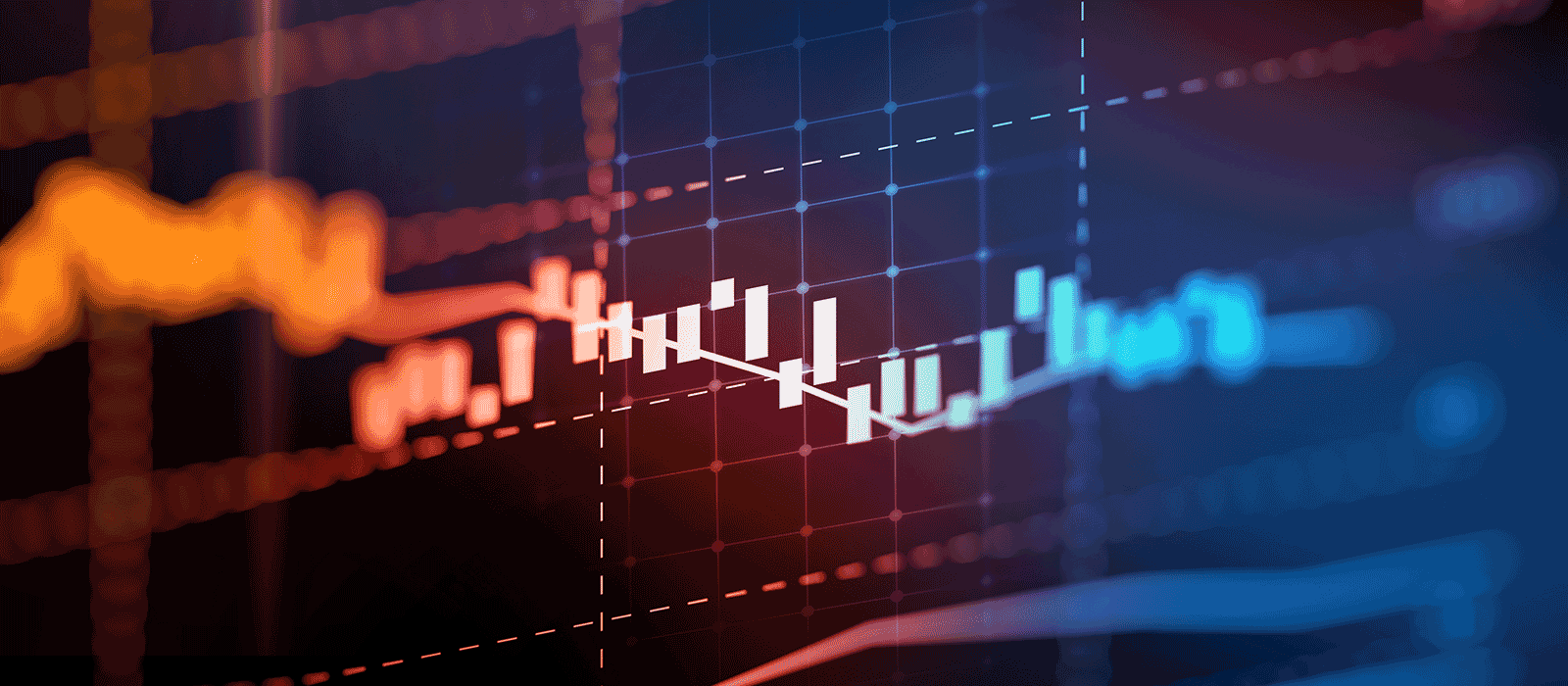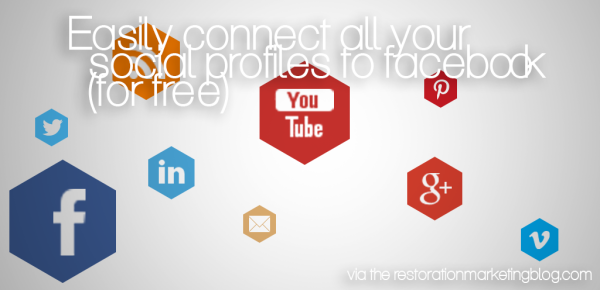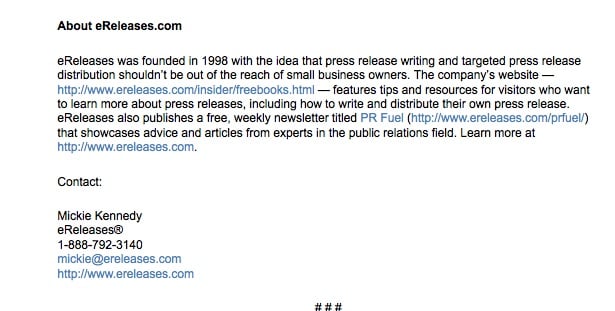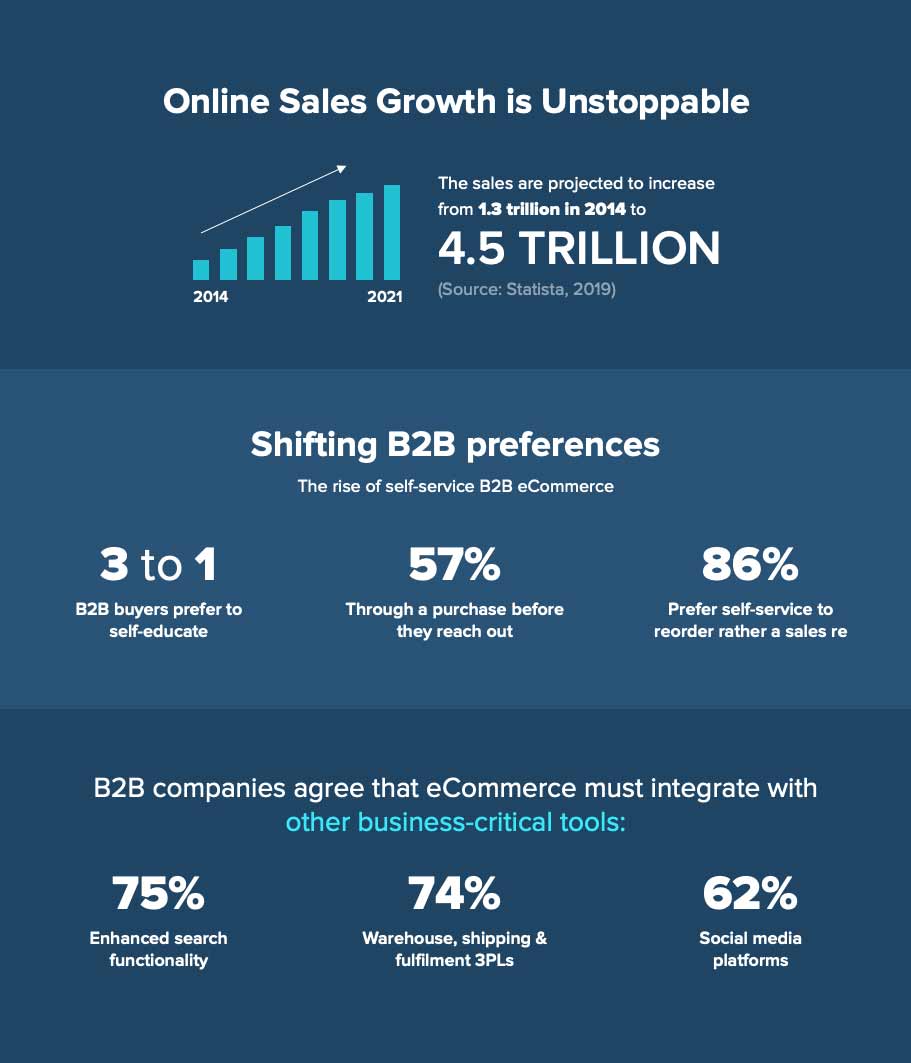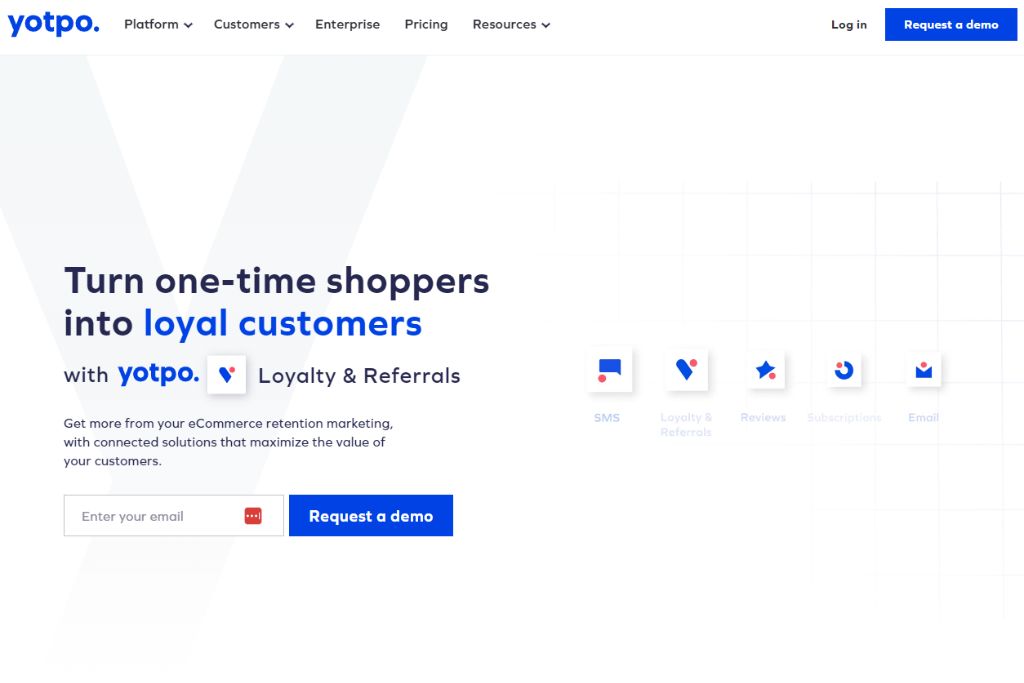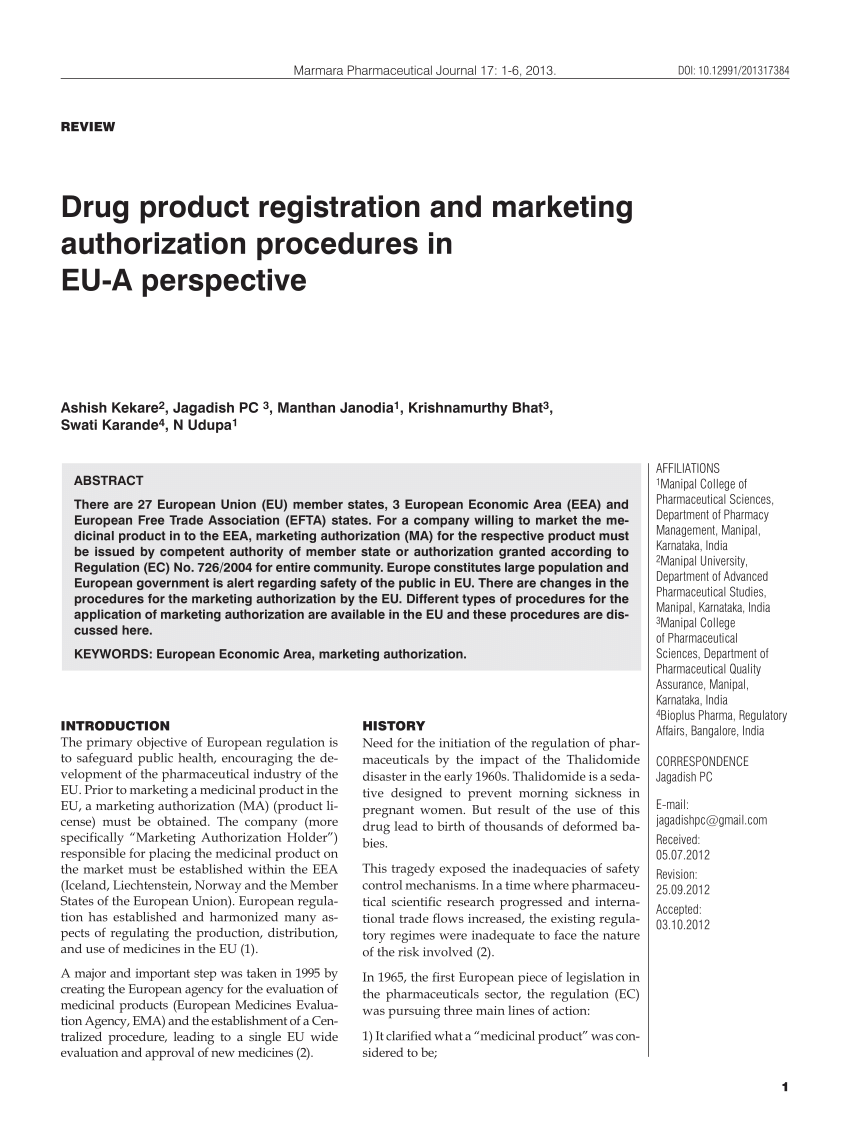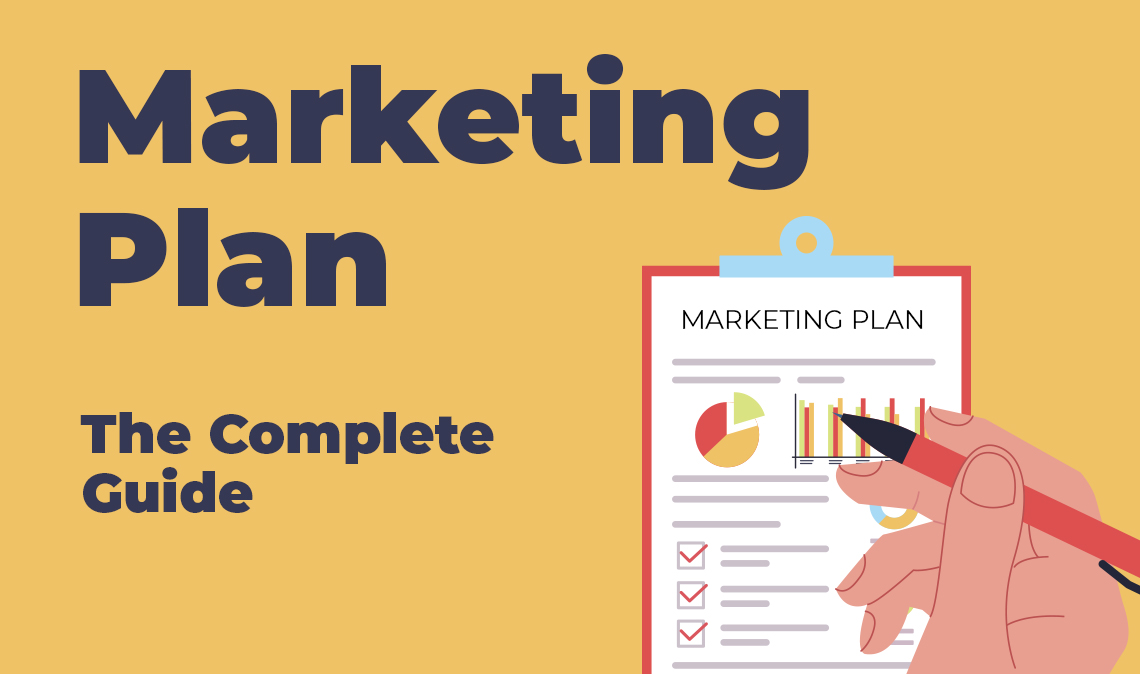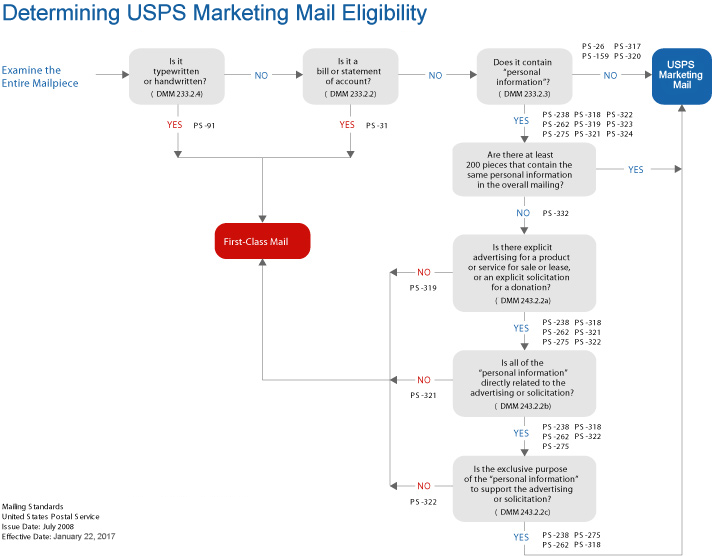Accreditation by the World Health Organization (WHO) to market a medical product or a health solution is a significant endorsement that guarantees the quality, efficacy and safety of a product or service. This approval is particularly valuable in instances where public health is at stake, offering a level of confidence and assurance to consumers, industry stakeholders, and regulatory authorities. Understanding the centrality and complexity of securing WHO marketing authorization requires a comprehensive exploration of its significance and the processes involved.
The authorization or licensing for marketing by WHO is not merely a perfunctory step in the commercialization of health-related products or services, but rather it is a testament to the reliability and suitability of these interventions in addressing health challenges. Without the said endorsement, a product or service could be rendered useless, or even dangerous, to the intended end-users.
Often, the road to obtaining this critical endorsement is misunderstood and considered as a maze of bureaucratic obstacles. However, comprehending the depth and intricacies of the WHO’s marketing authorization process provides a greater insight into their high standards and stringent protocols. It reveals the system’s sole objective – safeguarding public health and promoting quality healthcare solutions. This understanding is indispensable to manufacturers, distributors, health practitioners, and even end-users, who all have an integral role in health care delivery.
This article seeks to throw some light on the relevance and the intrinsic details of WHO’s marketing authorization, dispelling misconceptions while underlining the indispensable role it plays in global healthcare.
An Introduction to Marketing Authorization by the World Health Organization
When it comes to introducing new drugs or vaccines to the global market, there’s a comprehensive approval process in place. This process is known as marketing authorization which is implemented by the World Health Organization. This procedure ensures the safety, efficiency, and quality of the medical products that reach consumers all over the world.
Securing the approval from the WHO is of paramount significance. It provides a green light for the product’s distribution and marketing globally. It also instills confidence among healthcare professionals and consumers in the quality and safety of the product, thus facilitating its acceptance.
The Process of Acquiring Marketing Authorization by WHO
The journey to secure the WHO’s marketing authorization for a drug or vaccine begins with an application submission by the manufacturing company. A detailed dossier containing data on clinical trials, bioequivalence studies, and information about its ingredients and manufacturing process is necessary to support the application.
A critical part of the process is the rigorous evaluation conducted by the WHO. This assessment is aimed at determining the product’s quality, safety, and efficacy. It includes a detailed review of data, inspection of manufacturing sites, and sometimes, independent laboratory testing.
In the final stages, if the drug or vaccine is deemed to meet the WHO’s standards, a prequalification is granted, followed by listing on the WHO’s list of prequalified medicinal products. Only after the product obtains this listing, can it be marketed globally.
- This process can be time-consuming and complex, however, it’s a necessity to ensure only high-quality medicinal products are distributed and used worldwide.
- Moreover, it’s critical to note that each country’s health authority may have additional marketing approval requirements to adhere to before a product can be sold in that specific country. Hence, global marketing authorization does not necessarily guarantee immediate access to all markets worldwide.
In conclusion, obtaining marketing authorization from the WHO is a non-negotiable part for pharmaceutical companies. It not only ensures the safety and effectiveness of their products but also serves as a critical factor in gaining global recognition and acceptance.
An Overview of Marketing Authorization from the World Health Organization
Marketing Authorization bestowed by the World Health Organization (WHO) refers to the approval of specific medicines, vaccines, and other health-related products and technologies. This regulatory authority grants this approval only after the products have passed rigorous scrutiny and meet the necessary safety, efficacy, and quality standards.
The objective of the Marketing Authorization is to ensure that health-related products being produced and marketed for public use are not only safe and effective but also of high quality. This overall procedure is crucial to protect the health and wellbeing of the public. Products approved by the WHO are then recognized globally and can be marketed and used within all member countries.
Role of WHO’s Marketing Authorization
WHO’s marketing authorization plays an vital role in ensuring access to safe and effective therapeutic solutions worldwide. It provides the basis for national health authorities to approve and monitor medicines, vaccines, or other medical products. By evaluating the risks and benefits of a product, it guarantees safety and efficacy, which in turn builds public trust in health systems globally.
The process includes a comprehensive assessment of the product’s total life-cycle, starting from its development, clinical trials, post-market surveillance to risk management. Manufacturers and distributors are hence accountable to exhibit the product’s safety and efficacy through state-of-the-art clinical trials and other verifiable research studies.
In conclusion, WHO’s marketing authorization is an indispensable procedure in global health governance and plays a crucial role in ensuring public health and safety. It helps to build a robust, efficient, and reliable health system across the globe.
Significance of Marketing Clearance from the World Health Organization
The sanctioning of marketing strategies by the World Health Organization (WHO) holds substantial significance within the international healthcare industry. Undeniably, this is a crucial step in ensuring compliance with universal health and security standards.
Achieving the WHO’s marketing seal of approval is of paramount importance to pharmaceutical businesses for several reasons. Firstly, it grants credibility to their health products, such as vaccines, medicines, and other medical devices. This endorsement depicts the product as trustworthy based on the rigorous assessment by WHO.
Notably, this important authorization from the WHO has direct implications on public health. By controlling the promotion and distribution of health products, the WHO aims to minimize risks and ensure optimal consumer safety. Only products that have been diligently evaluated and are proven to meet the said quality, safety and efficacy standards are approved, thus offering assurance to the public.
- Marketing approval from the WHO enhances product acceptability among healthcare providers and practitioners, fostering its wider utilization within the system.
- It ensures that the endorsed health products match the intended purpose in strategic control programs.
- Moreover, it also facilitates the entrance of health commodities into the WHO procurement channels and the international marketplace.
In conclusion, the fundamental aim of the World Health Organization’s marketing authorization is to protect health consumers globally by ensuring that all marketed health products are safe, efficient, and of a high quality. At the same time, it aids healthcare companies in earning credibility and trust, which in turn augments their potential growth in the industry.
Understanding the World Health Organization’s Impact on Global Health
The World Health Organization (WHO) plays a pivotal role in protecting and improving health worldwide. One of its chief responsibilities is to grant marketing authorization for health-related products. Understanding this process is crucial for any health product manufacturer globally.
Functions of the World Health Organization in Global Health
One of the primary roles of WHO is setting standards and promoting global health regulations. The organization develops and promotes guidelines on various health issues, which governments worldwide frequently choose as a basis for framing their national health policies.
Another vital function is monitoring health situations and formulating respective health policies. WHO tracks health trends and conditions worldwide and develops policies to address potential health crises, which may include issues as diverse as pandemics, malnutrition, or tobacco use.
Moreover, providing technical assistance and building health care capacity is a key duty of the agency. WHO offers support and assistance, especially to developing countries, to strengthen their health systems and sectors.
The organization also acknowledges innovative health solutions. However, before these solutions can reach the public, they must undergo a rigorous process of approval. For any health-related goods or pharmaceuticals to receive global market acceptance, WHO endorsement is typically vital.
WHO’s approval promotes these products’ credibility and enhances their acceptance among healthcare providers and patients; making it a trusted symbol of safety and efficacy.
- Prequalification process: Here, products or services are examined with WHO-predefined standards. Post a thorough evaluation, the products are then listed as prequalified.
- Review and assessment: In this stage, the product’s quality, safety, and efficacy are scrutinized. This step includes detailed evaluation of the product dossier, site inspections, and possible sampling and testing.
- Marketing Authorization: Only after passing the prior steps can a product obtain WHO Marketing Authorization. This certification implies the product’s global market readiness,and its adherence to international safety and efficacy standards.
In summary, the World Health Organization performs an essential role in global health. Be it setting health standards, monitoring global health situations and trends, providing support to health systems, or granting marketing authorization for health products; WHO’s responsibility is vast and far-reaching.
Navigating the Procedure for Securing Marketing Approval from the World Health Organization
Obtaining the green light to market a pharmaceutical product or medical device globally entails passing through the regulatory reviews of the World Health Organization (WHO). The criticality of this authorization warrants understanding its convolutions, thereby facilitating the successful navigation of the process.
Steps Involved in Securing WHO Marketing Approval
The journey to acquiring approval from WHO commences with the submission of a request. This step forms the bedrock for marketing approval and primarily entails the compilation of an application dossier. The involved organization must furnish comprehensive data adhering to guidelines laid out by the WHO. The dossier’s content includes but is not limited to clinical trial data, manufacturing capabilities, product’s intended use, and risk assessment.
Post the submission of the dossier, the WHO proceeds with a detailed assessment of the application. This step involves analyzing all provided data concerning the product’s quality, safety and efficacy as per WHO norms. Any illustration of the product’s potential public health implications would also be critically examined.
Upon thorough examination, the WHO may either grant approval, request for additional information or decline the application based on its assessments. In scenarios where the WHO grants conditional approval, the agency often requests detailed plans of post-marketing surveillance from the company.
Approved products appear on the WHO list of prequalified medicinal products, which are now permitted to get marketed. These products continue to be closely surveyed for adherence to WHO standards, safety, and efficacy. Failure on any of these fronts can lead to the revocation of the approval.
Note: The duration of this process hinges heavily upon the completeness and accuracy of the data provided in the original dossier submission. Thus, accurate and exhaustive data presentation is vital in facilitating the marketing authorization.
Principal Components in the Process of Gaining Marketing Approval from WHO
Critical components are inherent in the process of obtaining WHO’s authorization for marketing a medical product. These steps are meticulously drawn out to ensure that only quality, essential health products are introduced to the market. Among the major elements involved in this intricate procedure include:
1. Compliance with Good Manufacturing Practice
Adherence to Good Manufacturing Practice (GMP) is a fundamental prerequisite in the WHO marketing approval process. These guidelines ensure that products are consistently produced and controlled according to quality standards meant to minimize risks involved in pharmaceutical production.
2. Quality Review
A comprehensive review of the product’s quality is an essential stage in the procedure. It involves evaluating documentation on how the product is manufactured, its stability, and how quality control is maintained. Essentially, this process aims to validate that the product’s active ingredients are of suitable quality.
3. Safety and Efficacy Evaluation
Safety and Efficacy Assessment is indispensable. The product must be affirmed as being safe for human use and effective in treating the condition for which it is intended. Clinical trial data is thoroughly examined in this step to ensure that the product’s benefits outweigh its potential risks.
4. Risk Management
The marketing approval process also considers how a manufacturer plans to manage any potential risks associated with the product after marketing. Therefore, a comprehensive risk management plan should be presented, highlighting any risks identified through clinical trials, measures to mitigate them, and plans for post-marketing surveillance.
In conclusion, obtaining WHO marketing authorization involves a series of rigorous assessments and evaluations to guarantee public health safety. Manufacturers aiming to ace this approval process need to pay keen attention to quality, product safety, and efficacy, always having a strategic risk management plan to fall back on.
The Duration Involved in Gaining Marketing Permissions from WHO
The duration it takes to acquire market access authorization under the World Health Organization (WHO) can vary. The timeline is influenced by several factors, including the complexity of the product, the completeness of the submitted dossier, and the assessment capacity of the WHO’s Prequalification Team.
Product Complexity and Completeness of Dossier:
Products that involve complex technologies or methodologies will generally necessitate a more extended evaluation period as more in-depth scrutiny is required. On the same note, the thoroughness and completeness of the submitted dossier also play a significant part in determining the duration of the assessment process. A well-compiled and comprehensive dossier simplifies vets’ job and thus accelerates the authorization process.
WHO Prequalification Team’s Assessment Capacity:
Despite abiding by the minimum timeframe of 90 days for evaluations as established by the International Conference on Harmonisation (ICH), the assessment period can extend if the WHO’s Prequalification Team’s capacity is overwhelmed. Such scenarios can occur in cases of high submission volumes or scenarios where a particular submission demands unusual attention and resources.
Additional Processes:
Moreover, additions to the review core period like the clarification phase, during which manufacturers are interrogated regarding their product or dossier, could result in the timeline being prolonged. It is pertinent to note that the manufacturer’s response time during this stage might also affect the overall approval speed.
Despite the intricacies mentioned above, WHO emphasizes timely review processes to aid accessibility to essential and life-saving products. Hence, gaining a better understanding of these factors can help manufacturers strategize and better navigate the authorization process.
Understanding the Hurdles in Securing World Health Organization’s Marketing Approval
Getting a product approved for marketing through the World Health Organization (WHO) can be a rigorous and challenging process. The organization has set up stringent standards to ensure that products marketed globally, especially in the healthcare sector, are safe, effective, and of the highest quality.
Harsh Regulatory Requirements
One of the significant hurdles in obtaining the WHO’s approval for product marketing is the strict regulatory requirements. These standards are in place to protect public health, and they require thorough and detailed verification procedures. Producing the required data about the product’s efficacy, quality, safety, and other related information often proves burdensome for many manufacturers.
Acknowledging the necessity of clinical data is another major challenge. Products are stipulated to have undergone rigorous clinical trials before they are eligible for consideration. However, designing, managing and reporting findings from these studies can be a long and complex process, which often causes further hiccups in the approval process.
High Financial Costs
The financial costs associated with acquiring WHO’s marketing approval can be quite steep. From conducting extensive research and development, to managing clinical trials and navigating through the regulatory process – it can all have a significant financial impact on companies, especially smaller manufacturers. The cost constraints can often discourage companies to apply for marketing authorization.
Long Approval Process
Fulfilling WHO’s stringent requirements can take a substantial amount of time. The time-consuming nature of the authorization process can deter applicants, as it may take a while before their products can reach the market. The duration becomes even longer when additional data or justification is required by WHO, further delaying product launch.
The secrecy of data is another factor slowing down the process. WHO’s confidentiality obligation restricts the sharing of the review process and its finding with the public. As a result, manufacturers often find it difficult to address issues that may arise during the process.
These are some of the major obstacles faced in the journey to secure WHO marketing authorization. Despite its challenges, getting the WHO’s approval certifies that the product has met international standards, and is safe and effective for use globally, which bolsters its reputation and consumer trust significantly.
Illustrative Examples of Marketing Approval Process through WHO
Let’s examine several cases that depict the significance of obtaining a marketing authorization from the World Health Organization (WHO).
A Pharmacological Product:
A pharmaceutical company is eager to launch a novel drug for diabetes. The company initially conducted extensive research and development to ensure efficiency and security. Following the drug’s formulation, it underwent several rigorous clinical trials to establish its safety and efficacy. After successful tests, the company decides to market the drug. Nonetheless, without WHO’s endorsement, they are unable to do so. Hence, they submit the required documentation to WHO to receive the necessary marketing clearance. After WHO’s thorough examination and approval, the company is legally permitted to market and sell the drug to diabetes patients across the world. This authorization serves to confirm the drug is secure and efficient.
A Medical Device:
Let’s presume a tech medical firm has developed an innovative diagnostic apparatus for detecting cancer at an early stage. The apparatus claims to have minimal error rates and accurate results. However, without WHO approval, it can’t be legitimately sold in the market. Accordingly, the company submits its documentation and research findings to WHO for approval. After the documentation is thoroughly examined and the device tested, WHO grants the marketing authorization. Thus, the firm can market and sell their diagnostic apparatus globally. The approval assures buyers and medical practitioners that the device is safe and trustworthy.
Expedited Approval Process:
In some cases, WHO’s nod is sought under emergency situations. In wake of the COVID-19 pandemic for example, various vaccines underwent a swift approval process. The vaccines’ developers had to produce their research findings and affirm the vaccine’s safety, efficacy, and quality. Post verification, WHO gave an Emergency Use Listing (EUL) that permitted the marketing and administration of the vaccine in member countries. These cases demonstrate that WHO approvals can be expedited in emergencies to address global health concerns, however, not compromising on safety and efficacy checks.
In conclusion, the process and instances of securing WHO approval emphasize the critical role WHO plays in ensuring access to safe, effective and quality medical products in the global market.
Guidance for an Effective Application to Obtain Marketing Approval from the World Health Organization
The marketing authorization from the World Health Organization (WHO) holds a significant weight and acceptance globally. A successful application plays a pivotal role in the marketing of pharmaceuticals, vaccines, and health-related products. To ensure a successful application, consider the following key points:
1. Understand the Framework
Grasping the principles and mechanisms of WHO’s marketing authorization is the first crucial step. Familiarize yourself with the prequalification guidelines. Understand the criteria for evaluation and the procedures involved in the application.
2. Prepare a Thorough and Complete Dossier
Prepare a complete dossier according to the WHO’s Common Technical Document (CTD) format. It must include all required data on quality, safety, and efficacy of the product. Ensure the documentation showcases extensive clinical research and trials, and that all data are relevant and accurate.
3. Collaborate with Local Health Authorities
Engage with the health authorities of your country. Their support can be instrumental in the application process. Besides, they provide valuable insights into the local health landscape, which can positively influence your application.
4. Continual Quality Assurance
Ensure to stay committed to maintaining the quality and safety standards of your product even after a successful application. It’s important to remember that WHO’s marketing authorization is not a one-time process.
5. Seek Expert Support
Consider involving industry professionals and experts in the field. They can provide valuable advice and assistance in navigating through the complex process. Their expert views can be advantageous in preparing a successful application.
6. Periodic Updates and Review
Make sure to regularly update your data and review your application. WHO encourages a relationship of transparency and communication. So, it’s important to keep them informed of any changes or developments to ensure a smooth authorization process.
Trends to Watch in the Evolution of Authorization Processes Spearheaded by World Health Organization
The World Health Organization’s (WHO) approach to endorsing products in the medical sector is undoubtedly a critical factor in global health trends. Due to its ongoing evolution, it’s only logical to anticipate significant shifts in this sector in the foreseeable future.
Increased Adoption of Digital Tools
A noticeable trend is the gradual inclination towards enhancing digital platforms for authorization procedures. These tools could not only optimize the efficiency of directives from WHO but also improve the tracking, processing, and evaluation stages in the authorization pipeline. Given the digital age we live in, it is only rational to expect this tendency to continue.
Transparency and Collaboration
Moreover, the transparency in authorization procedures is bound to increase, owing to the growing public concern around health standards. Information on submitted applications, the ongoing process, and the final outcomes are likely to be more readily accessible. In addition, there could be increased collaboration between WHO and national regulatory agencies, aiming for synchronized efforts in healthcare advancement.
Focus on Expedited Approval Procedures
Lastly, it is necessary to anticipate that WHO will favor more agile product approval methods, with a keen focus on emerging health crises. Proactive strategies and flexible approaches can be expected to become integral parts of WHO’s marketing authorization processes.
Overall, the landscape of WHO-led authorizations is bound to evolve, adapting to the current health-related demands, societal concerns, and technological advancements. As such, closely observing these emerging trends is vital for all stakeholders in the global health arena.
FAQ: Who marketing authorization
What is the role of the European Medicines Agency (EMA) within the European Union (EU)?
The European Medicines Agency (EMA) is responsible for the scientific evaluation, supervision, and safety monitoring of medicinal products for human use within the European Union. It plays a critical role in ensuring that all medicines available in the EU meet appropriate standards of safety, efficacy, and quality.
How does a marketing authorization application (MAA) process work in the EU?
In the EU, a marketing authorization application (MAA) is submitted to the EMA or national competent authorities for approval to market a medicinal product. The application includes detailed data on the product’s quality, safety, and efficacy. The EMA or national authority then reviews the application before granting authorization.
What is the difference between a marketing authorization holder and an applicant in the EU?
In the EU, a marketing authorization holder is the company or individual who holds the marketing rights to a medicinal product, while an applicant is the entity that applies for the marketing authorization. Once the application is approved, the applicant becomes the marketing authorization holder.
What is conditional marketing authorization in the EU, and when is it used?
Conditional marketing authorization in the EU is a type of authorization granted for medicinal products that fulfill an unmet medical need. It is used when the benefit of a product’s immediate availability outweighs the risk of less comprehensive data than usually required. This is often applicable in emergency health scenarios.
How does the Committee for Medicinal Products for Human Use (CHMP) contribute to the regulatory approval process?
The CHMP, part of the EMA, is responsible for preparing scientific opinions on applications for all EU marketing authorizations for medicinal products. The CHMP conducts a thorough assessment of the MAA and provides a recommendation to the European Commission (EC) on whether a product should be approved.
What are the different routes for marketing authorization applications in the EU?
The EU has three main routes for marketing authorization applications: the centralized procedure, where applications are submitted to the EMA; the decentralized procedure, involving several member states; and the mutual recognition procedure, where a product approved in one member state is recognized by others.
How does the EMA’s centralized procedure for marketing authorization compare to the FDA’s process?
The EMA’s centralized procedure involves a single application to the EMA for marketing authorization across the entire EU, while the US Food and Drug Administration (FDA) evaluates applications for market access within the United States. Both agencies conduct rigorous scientific evaluation but operate under different regulatory frameworks.
What is the mutual recognition procedure in the context of EU marketing authorizations?
The mutual recognition procedure in the EU allows a medicinal product authorized in one EU member state to be recognized and authorized in other member states. The reference member state conducts the initial assessment, and other states agree to recognize its decision.
What happens after the CHMP issues a positive opinion on an MAA?
After the CHMP issues a positive opinion on an MAA, the opinion is sent to the European Commission, which makes the final decision on granting a marketing authorization for the entire European Union. This decision is usually made within 30 days of receiving the CHMP’s opinion.
In the EU, how are national marketing authorizations different from centralized authorizations?
National marketing authorizations are approvals granted by the competent authorities of individual EU member states for a medicinal product to be marketed in that specific country. In contrast, centralized authorizations, issued by the European Commission based on the EMA’s recommendation, allow the product to be marketed in all EU member states.
What is an assessment report in the context of national authorization for medicinal products?
An assessment report is a comprehensive document created by a regulatory authority, such as the national competent authority of an EU member state. This report assesses the safety, efficacy, and quality of a medicinal product submitted for national authorization. It includes scientific evaluations, clinical data analyses, and recommendations regarding the product’s approval for marketing.
How does the CHMP opinion influence the authorization of biological products in the EU?
The Committee for Medicinal Products for Human Use (CHMP) opinion is a crucial step in the authorization process of biological products in the European Union. The CHMP, part of the European Medicines Agency, evaluates the safety and efficacy of biological products. Its positive opinion is often a prerequisite for the European Commission to grant marketing authorization for these products in the European Economic Area.
What steps are taken when an adverse event is reported for a biotechnology product with single marketing authorization in the EU?
When an adverse event is reported for a biotechnology product with single marketing authorization in the EU, it triggers a regulatory review process. This involves assessing the event’s details to determine its impact on the product’s safety profile. The assessment may lead to updates in the product’s safety information, additional risk mitigation measures, or, in severe cases, changes to the product’s marketing authorization status.
What is the national procedure for approving biological products, and how does it differ from the centralized procedure in the EU?
The national procedure for approving biological products involves submitting applications to and obtaining approval from individual national competent authorities in EU member states. This is in contrast to the centralized procedure, where a single application is submitted to the European Medicines Agency, leading to authorization valid across the entire EU. The national procedure is typically used for products that do not fall under the mandatory scope of the centralized procedure.
What are the requirements for a biotechnological product to be submitted to the competent authorities in the European Economic Area?
To submit a biotechnological product to the competent authorities in the European Economic Area, it must meet specific scientific and regulatory standards. This includes comprehensive data on its quality, safety, and efficacy. The product must also comply with the European Union’s guidelines on biotechnology and biological products, and the application must include detailed documentation, such as clinical trial results, manufacturing process information, and risk management plans.

